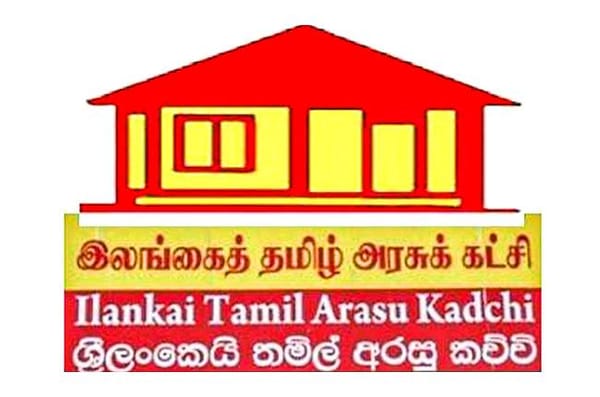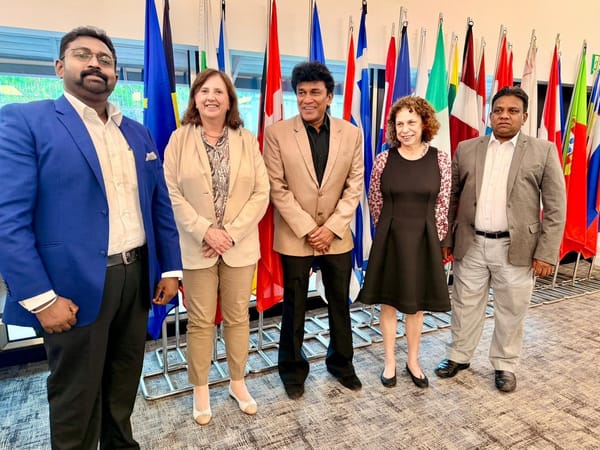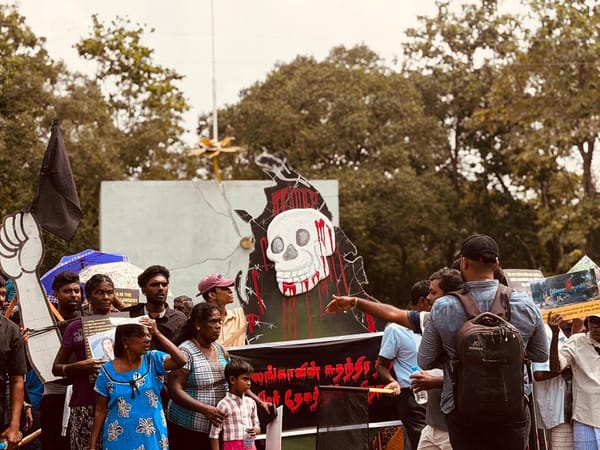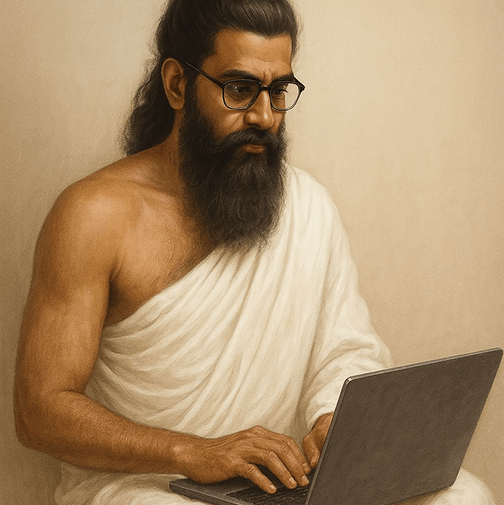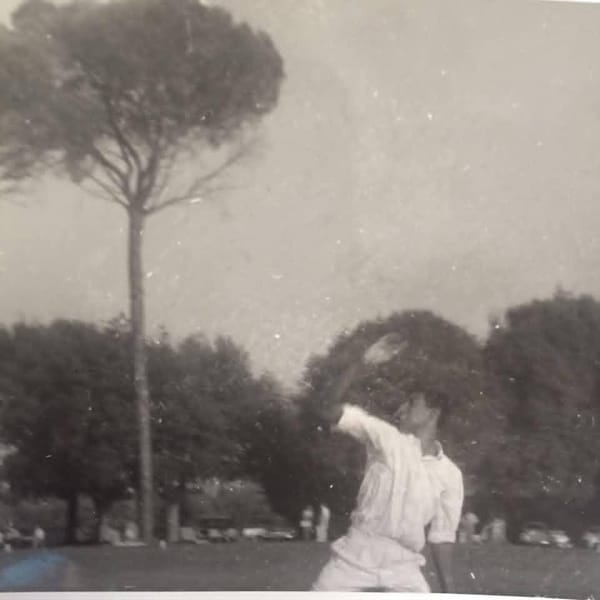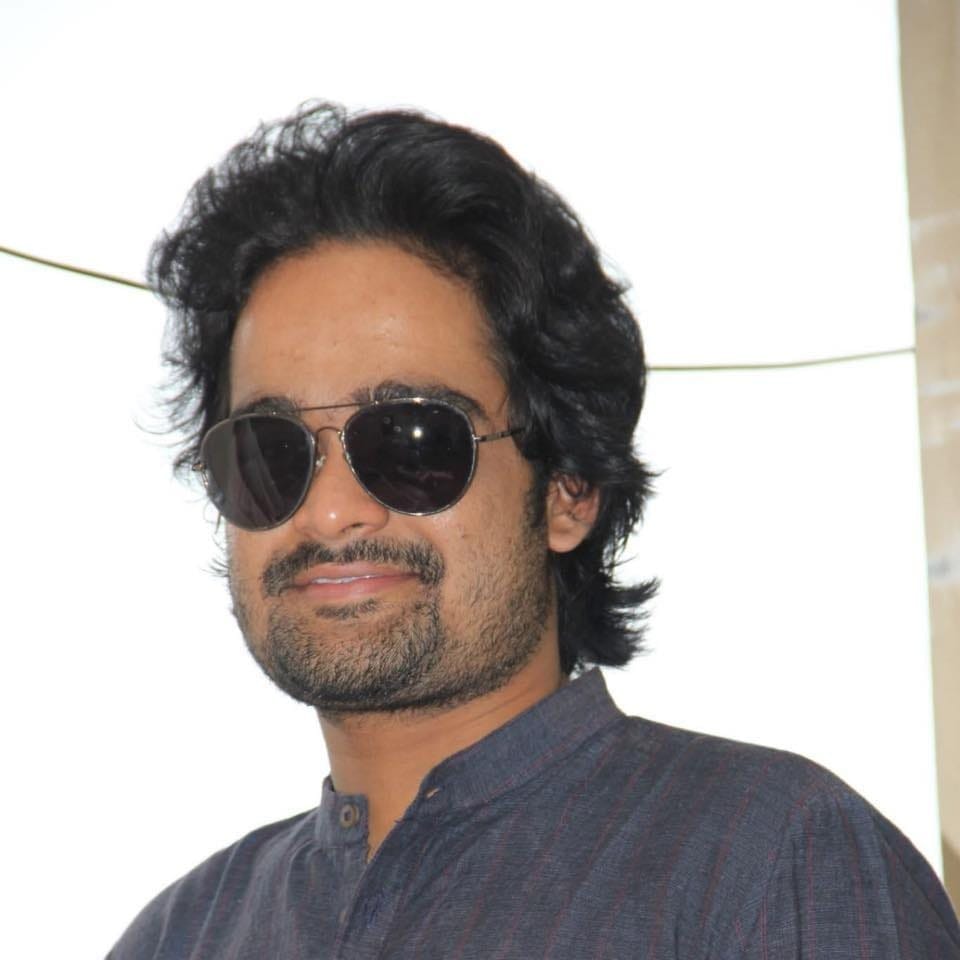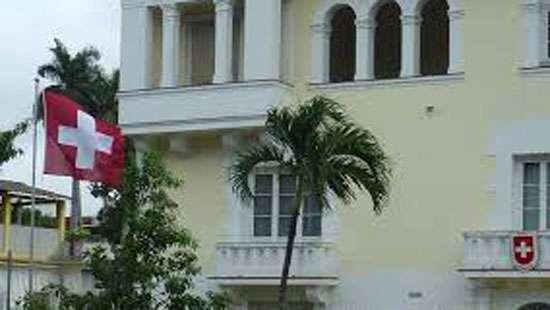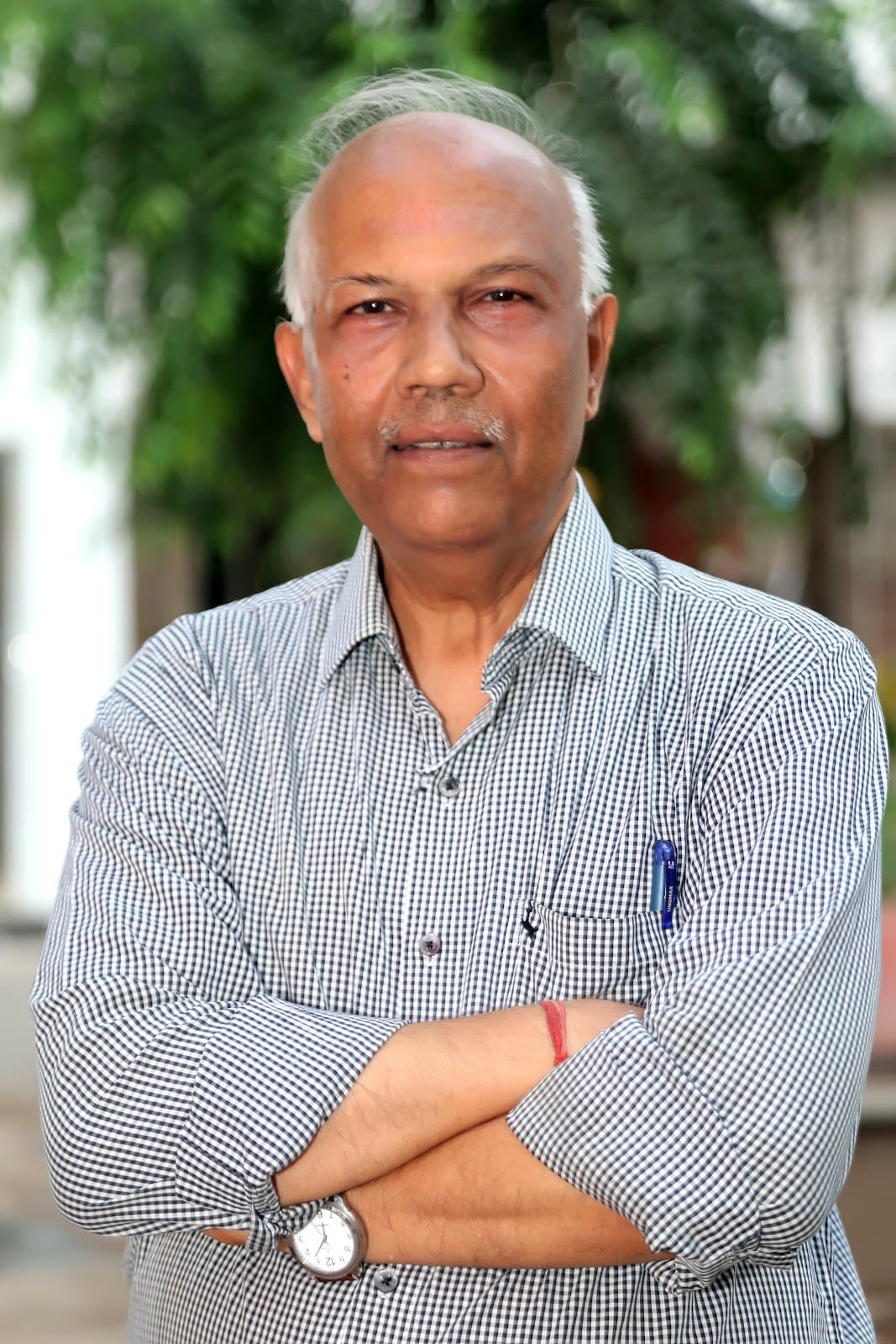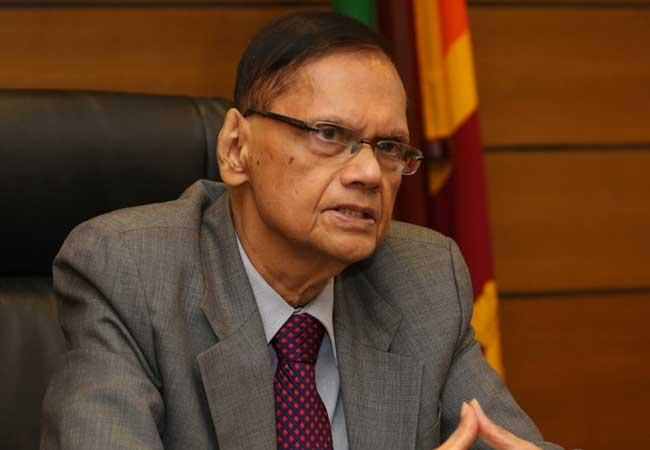The Ministry of Buddhasasana, Religious and Cultural Affairs has appointed a 19-member Archaeology Advisory Committee, which lacks representation from Tamil and Muslim communities, triggering widespread criticism from historians, activists, and minority community leaders.
The committee, appointed through an extraordinary gazette dated November 1, 2025, and signed by Minister Dr. Hiniduma Sunil Senevi, will serve from March 10, 2025, to March 9, 2027. It will advise the Department of Archaeology, which operates under the Ministry of Buddhasasana.
The committee is chaired by Venerable Wendaruwe Dharmakeerthi Sri Rathanapala Upali Nayaka Thera, Chief Incumbent of the Polonnaruwa Solosmasthana Rajamaha Viharaya and Anunayaka Thera of the Asgiri Maha Vihara Chapter of the Maha Viharawanshika Shyamopali Maha Nikaya. The remaining 18 members include senior Buddhist monks and academics from the country's leading universities—Kelaniya, Peradeniya, Ruhuna, and Sri Jayewardenepura—among them Professors P.B. Mandawala, Mangala Katugampola, R.M.M. Chandraratne, Raj Somadeva, Samitha Manawadu, and Malinga Amarasinghe.
Complete absence of minority scholars
The complete absence of Tamil and Muslim scholars on the committee has been described as a continuation of a decades-long pattern of institutional exclusion. Critics argue that the omission is particularly problematic given the committee's advisory role on archaeological sites across the country, including in the Northern and Eastern Provinces, where evidence of diverse pre-Buddhist civilizations is abundant.
"As long as archaeology remains under the Buddhasasana Ministry, it won't be archaeology—it will continue to be a racist relic that causes us suffering," a Tamil activist wrote on social media.
Government acknowledges the need for reform
In a notable response, Deputy Minister of Foreign Affairs and Foreign Employment Arun Hemachandra, a young Tamil NPP MP, acknowledged the criticism on social media. "Reforming certain deep-rooted and outdated systems is no easy task. However, under a government that came to power on the promise of change, addressing such issues is not impossible either," Hemachandra wrote. "The matter will be restructured, and I request that you acknowledge that development when it happens."
Historical pattern of exclusion
This is not the first time the Archaeology Advisory Committee has been constituted without minority representation. For decades, appointments have predominantly gone to members of the Buddhist clergy and Sinhala academia, sidelining Tamil and Muslim scholars who have made significant contributions to epigraphy, anthropology, and ancient Dravidian archaeology.
Cultural experts warn that such exclusions have significant implications for how archaeological sites are interpreted and preserved. Without inclusive consultation, they argue, state-led excavations risk reinforcing one-sided narratives that erase the island's plural heritage.
Missed opportunity
"The government could have easily included Tamil and Muslim scholars to reflect the country's diversity," one university lecturer told Jaffna Monitor. "Instead, it sends the message that archaeology in Sri Lanka is still a political project, not an academic one."
Many observers view the appointment as a missed opportunity for the government to demonstrate its commitment to inclusivity and shared ownership of Sri Lanka's heritage, particularly at a time when reconciliation and equal representation in state institutions remain critical national challenges.

